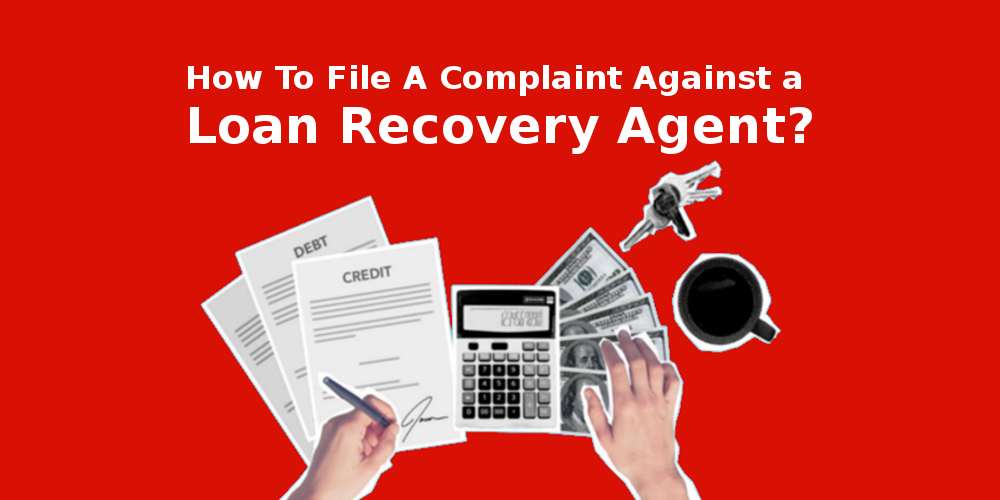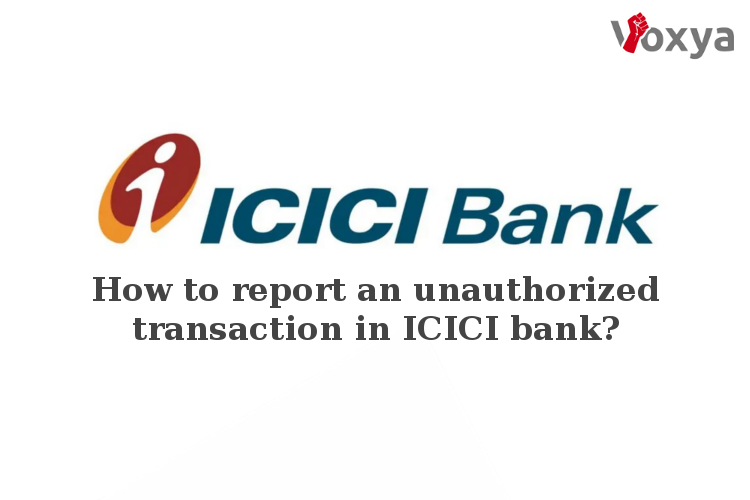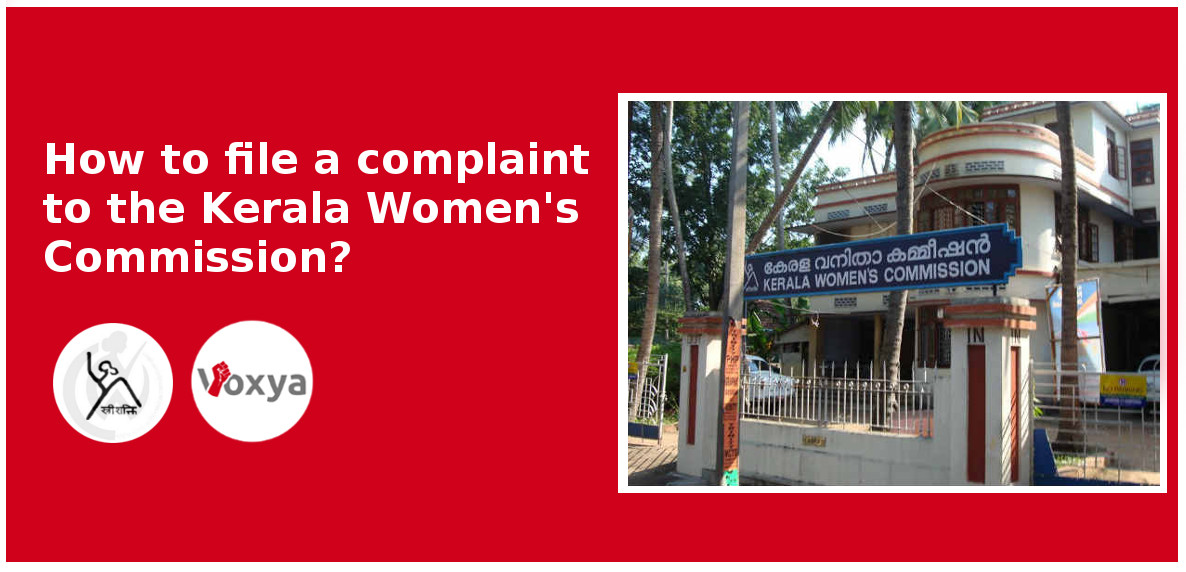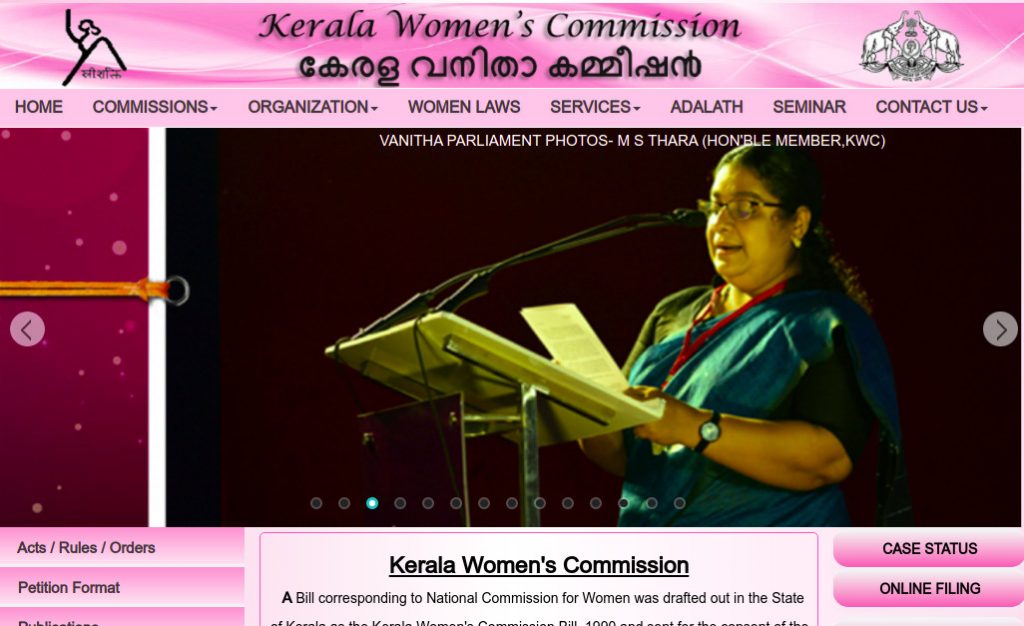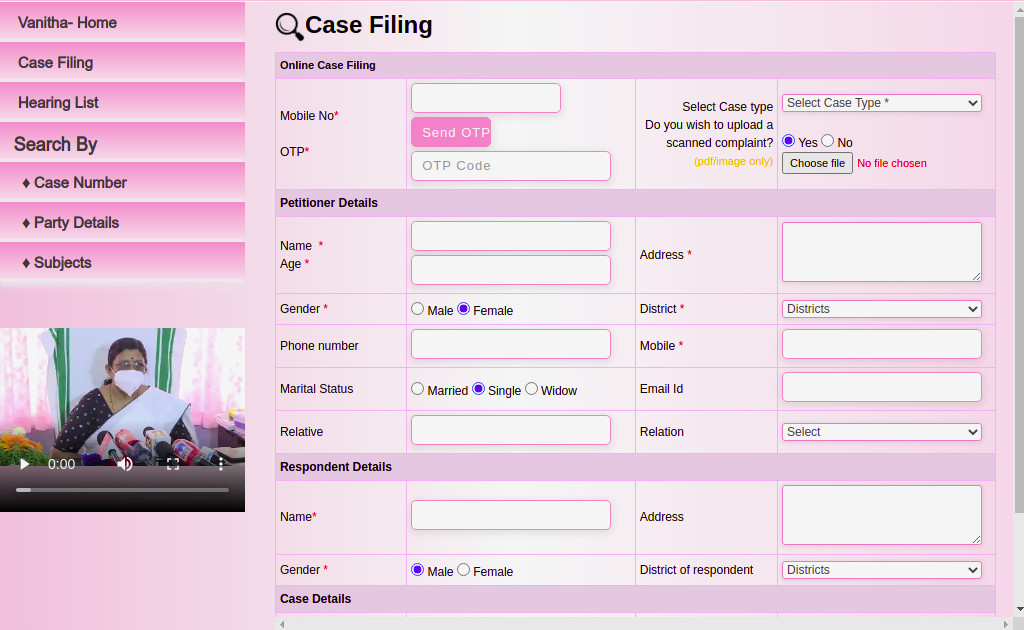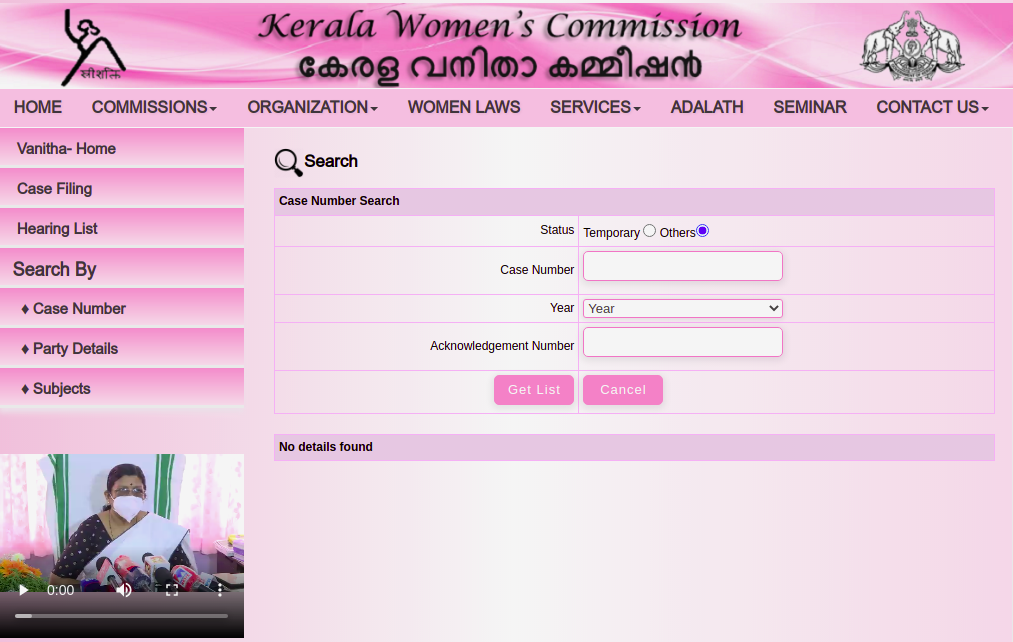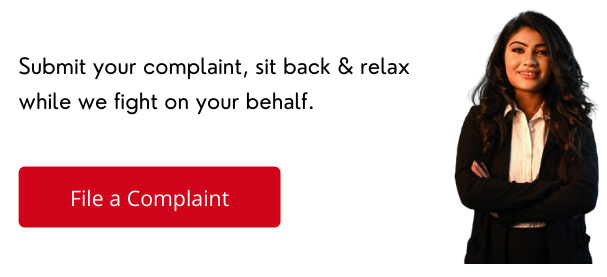Anyone who has ever taken out a loan is aware that, in the event that they fail to repay it, debt collectors may pursue legal action against them. Many individuals don’t know how to manage the harassment from loan recovery agents or agencies, which may be a very unpleasant experience. We will go through some advice for handling this problem in this blog article.
In India, the banking and financial services industries are governed by the RBI. RBI has the authority to look into claims of unfair business practices, deficiencies in banking services, and deficiencies in customer care for loans and advances, including those involving bank fees and other service fees imposed by banks on their clients. Here are some ways to get you started if you wish to complain to the RBI about your bank:
A Banking Ombudsman has been formed by the Reserve Bank of India to address consumer complaints about subpar bank services. The Banking Ombudsman Scheme is a quick and affordable way to settle grievances regarding particular bank services.
Consumers are taking out loans for both personal and professional projects thanks to the streamlined loan sanctioning process. Contrarily, it has been observed that many customers are unable to pay back their debt owing to a variety of factors. There was a severe debt issue during the pandemic, when companies were affected along with an economic downturn, leading to several lawsuits and court-ordered action.
Who is a loan recovery agent? What can he not do?
A recovery agency is often a third-party organization hired by a bank to collect loan payments from customers in exchange for a fee or a portion of the overall debt. To recover money for banks, recovery companies typically pursue businesses and consumers.
Due to their sleazy behavior and unethical methods of money collection on behalf of banks, recovery agents are feared by a lot of people in India. Recovery agents have frequently threatened loan defaulters. In a distressing incident, a Mumbai man who had taken out a personal debt of Rs 50,000 committed suicide and blamed the death on a recovery agency.
It is forbidden to invade your private
A recovery agent is not permitted to compromise your privacy, per the regulations. That implies he is not permitted to talk about the loan with his coworkers or neighbors. You have every right to lodge a complaint against the recovery agent if he engages in this behavior.
Cannot avoid disclosing their identities.
You must always verify a recovery agent’s identification whenever they come to collect money from you. Every recovery agent needs a card that was issued by the bank or by the bank’s authorities.
Avoid using foul words
Recovery personnel is not permitted to be harsh when pursuing unpaid debts on banks’ behalf.
What is harassment by a Loan recovery agent?
When a debt collector approaches you repeatedly in an effort to collect a debt, this is referred to as loan recovery agent harassment. This may be accomplished through conversations over the phone, emails, texts, or even in person. The loan recovery agent’s objective is to get you to repay the amount as quickly as feasible. The following behaviors will be regarded as harassment: contacting your friends and family about your debt without your knowledge.
- Calling you and placing pressure on you to make loan EMI payments.
- Threatening you, your loved ones, or your family.
- Trying to embarrass you by showing up at your house or place of business unprepared.
- Insulting you in front of others by stating that you have debts and are unable to make payments.
What policies does the RBI have for loan recovery agents?
In order to prevent debt collectors from harassing customers, the RBI has put in place various rules. These recommendations include:
- If debt collectors are aware that you are not permitted to take personal calls at work, they cannot contact you there.
- They cannot in any way annoy or threaten you.
- They are not allowed to speak to you in an offensive or violent manner.
- They must have a letter of authorization from the bank and proper identification.
- You are not accessible before 7 a.m. and after 7 p.m.
- You can lodge a complaint with the RBI if a debt collector engages in any of these actions.
How should I handle harassment from debt loan recovery agents?
The first step you should take if a loan recovery agent is harassing you is to attempt and politely explain the issue. Most of the time, these agents are simply going about their business and are unaware that they are adding unnecessary tension. They could be more accommodating and accepting of your financial circumstances if you can calmly explain them to them. If the above does not stop the harassment from debt collection agents, try some of the following:
- Record every contact the debt collector makes, including calls, emails, and text messages. You can use this to record the harassment and provide evidence that it is occurring.
- Consult a lawyer to learn more about your legal options and how to stop the harassment.
- If the debt collector violates any of their rules, file a complaint with the RBI.
- Don’t be reluctant to take action if a debt collection agency is harassing you. The sooner you take action, the faster the problem will be fixed.

What are the possible legal measures to halt harassment?
There are a few legal options accessible to you if a loan recovery agent or agency is harassing you. You can report the harassment to the RBI or consult a lawyer about your rights and what you can do to stop it. If the debt collector has breached any laws, you could also be entitled to sue them in civil court. Here are some particular legal options you can look into:
Making a police station complaint against Loan Recovery Agent:
You can file a formal police complaint against the bank or the collection agency or the loan recovery agent. They will probably stop harassing you after you report them to the appropriate authorities.
A civil injunction suit can be brought in court to seek temporary relief against the bank as well as damages for wrongdoing. You have every right to make a complaint if a recovery agent is acting inappropriately or if he is harassing you. You must first speak with the relevant bank branch and let them know about the problem. You may contact the police if they don’t answer.
Suing for defamation:
If the bank and recovery agency violated RBI norms and attempted to disparage you, you may sue them for their actions.
Suit for trespassing:
If debt collection agents visit your house or place of business without your knowledge or agreement, you may directly file a lawsuit against banks for trespassing and unauthorized access.
Make a complaint to your bank:
You can take your complaint to the bank’s Ombudsman if you feel that a third-party recovery agent is harassing you in any way.
If the bank’s Ombudsman is unable to settle your complaints, you may register a complaint with the RBI. If the RBI determines that the bank or one of its representatives has breached RBI criteria, it may take significant action. Bajaj Finance was recently fined Rs. 2.5 crores by the RBI for harassing clients through its collection agents. This case demonstrates the seriousness with which RBI takes the implementation of its policies and the defense of borrowers against such unlawful harassment. These were some advice for dealing with threatening loan recovery agencies.
Agents fussing about debt recovery may seem like a minor concern, but there have been instances when people have attempted suicide or had mental anguish as a result of the agents’ sloppy behavior. Through their actions, the agents annoy the clients. Some of the main behaviors that the agents routinely engage in include contacting frequently or showing up at the customers’ homes on a regular basis, sending vulgar messages via social media or mobile devices, and calling or approaching neighbors.
Submit a grievance to the banking ombudsman
You can get in touch with the banking ombudsman if you don’t want to report anything to the police. Due to several complaints about the behavior of the recovery personnel throughout the recovery procedure, the banking ombudsman now accepts client complaints. For the goal of addressing customer-posted financial complaints, the Banking Ombudsman was established.
Where can you file a complaint against the loan recovery agent?
You might be wondering where to submit a complaint if you had a bad experience with a loan recovery agent. Fortunately, there are several areas where you may express yourself. We will talk about the many possibilities you have in this blog article. Additionally, we will give instructions on how to lodge a grievance against a recovery agency. For more details, continue reading!
Recovery agents’ harassment is a severe issue. You can report to the Bank Ombudsman if you’ve been the target of harassment. You can also speak with your neighborhood consumer court. You can even get in touch with the police if you believe that a recovery agent has threatened or intimidated you.
Banking Ombudsman Program
The Bank Ombudsman Scheme is among the greatest ways to file a complaint. It is a service offered by the Reserve Bank of India to address complaints made against banks over particular services they supply.
The complainant must first approach the relevant bank and give them an opportunity to remedy the issue before filing a complaint with the Bank Ombudsman. The complaint may contact the Bank Ombudsman if the issue is not handled by the bank or if they are not pleased with their response.
It is easy and hassle-free to file a complaint with the Bank Ombudsman. The Bank Ombudsman can be contacted in person, by letter, or by email by the complainant. Make careful to give as much information as you can when submitting a complaint. Include any witnesses who may have been there, along with their names and contact information. Include any supporting evidence you may have, such as text messages or emails, in your complaint if you have any.
The Ombudsman will investigate the complaint after receiving it and attempt to mediate a resolution between the parties. If the issue is not resolved, he or she has the authority to grant the complaint a victory. The bank is required to abide by the Ombudsman’s decision.
Please be aware that while you do have the ability to complain about a recovery agency through the Bank Ombudsman system, this is not your sole choice. You might even go to court or your local police department if you feel your issue has not been satisfactorily addressed.
Use the assistance of a reputable organization
Additionally, there are reputable businesses that can protect you from harassment and negotiate loan payments with banks on your behalf. Loansettlement.com will assist you in connecting with the appropriate parties and stopping harassment from recovery agencies. They have a group of professionals on staff that are knowledgeable about the loan settlement procedure.
You have a few choices if you wish to complain about a recovery agent, but these are only a few of them. We advise you to investigate all of your possibilities before choosing. After determining where to register your complaint, make sure to compile all necessary supporting documents and proof.
Addressing the offender
In the event that lenders don’t follow the rules, it might be difficult to get them to take legal action against their recovery agents. According to the regulations, lenders are accountable for the conduct of their representatives. Therefore, lending banks insist that none of the standards are broken by their representatives.
Recovery agents must record and keep records of all calls they make to debtors. The financial institution must be allowed to listen to the calls and conduct an investigation if clients complain to their lender that the representative was abusive or threatening. However, lenders hardly ever act in such a manner.
RBI Policies for Loan Recovery Representatives
Loan recovery agencies are prohibited from harassing borrowers in any way by law and are subject to strict standards. These consist of:
- When hiring loan recovery agents, banks must have a thorough framework in place, and they are accountable for any complaints made against them.
- The recovery agency’s specifics must first be disclosed to borrowers.
- When meeting with the defaulter, the agent must also bring a copy of the bank’s notification and the authorization letter.
- Banks are not permitted to refer a case to a recovery agency if a borrower has filed a complaint before the complaint has been resolved or dismissed.
- However, if the bank is persuaded by the evidence that the accusations are unfounded, this is void.
Based on a borrower’s financial behavior and credit score, banks and other lenders can typically tell when a borrower is about to default.
Each lender will have a different procedure they follow, but generally speaking, it is seeking to alter certain terms to make it easier for the borrower to pay back the loan, such as lengthening the payback period.
In the event that this is unsuccessful, loan collection agents or, in the case of secured loans, the seizure of assets may be used. The lender may write off the debt or designate the borrower/company as a Non-Performing Asset (NPA) if neither of these options proves successful.
Conclusion
Because harassment is illegal, you can report loan collection agents’ harassment to the RBI Banking Ombudsman. Why you shouldn’t suffer in quiet, what you can do, and how the Banking Ombudsman can help are all explained by our specialists. There might be a number of causes for your inability to make installment payments on schedule. The best course of action is to contact credit counseling organizations and request assistance if the cause for non-payment is permanent. Additionally, you should contact the bank if you believe you are being harassed. And if you’re not happy with its response, contact the banking ombudsman.

If you are facing similar issues related to unauthorized wallet transactions, the amount deducted but the transaction failed, bad customer support, fraudulent transaction, beneficiary not credited, No Cashback available, etc. then you can file a Banking complaint at Voxya, India’s trusted platform for resolving consumer complaints.

